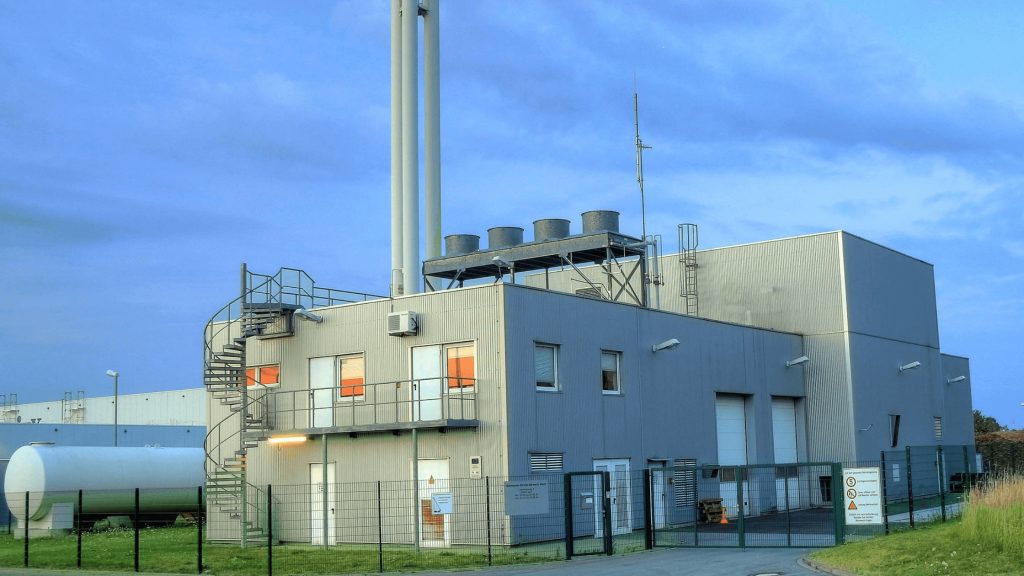The three plants, located in eastern Croatia, generate 18 megawatt of electricity per hour from biomass. These are the Energy 9 plant in Slatina, A&A Bioenergy Viro in Virovitica, and Uni Viridas in Babina Greda.
The Pearl Infrastructure Capital Deputy General Manager, Guillaume de Forceville, said that within one year, the fund had made considerable investments in co-generation.
“We have arrived in Croatia due to its favourable regulative framework,” De Forceville said.
He added that they had plans to make some more investments but stopped short of specifying the possible amounts.
The current projects, including these three plants, have created roughly 600 jobs, he added.
The economy and sustainable development ministry’s state secretary, Ivo Milatić, said that such investments “are perfect for the Croatian energy sector”.
These three plants are also important as they are a stable source of energy, Milatić added.
The electricity produced in the plants is sold to the Croatian grid through a state-guaranteed long-term power purchase agreement with the national operator. They also provide heat.
Milatić noted that these plants have the status of energy producers with preferential treatment, and there are many such producers in Croatia, generating 3.4 terawatt hours of electricity annually, while the annual consumption of electricity in Croatia comes to 18.5 terawatt hours.
French Ambassador to Croatia Gaël Veyssière said that the investments of the Pearl group were an example of good economic cooperation.
This is an important moment in the French presidency over the EU, and it is important to contribute to efforts to change the economy in the EU deeply so as to make the Union greener and more sustainable, and biomass is a component in that regard, said the ambassador.
Croatia’s National Recovery and Resilience Plan envisages 40% of investments in green and sustainable economy and these plants are part of that, he said.
For more, check out our business section.











